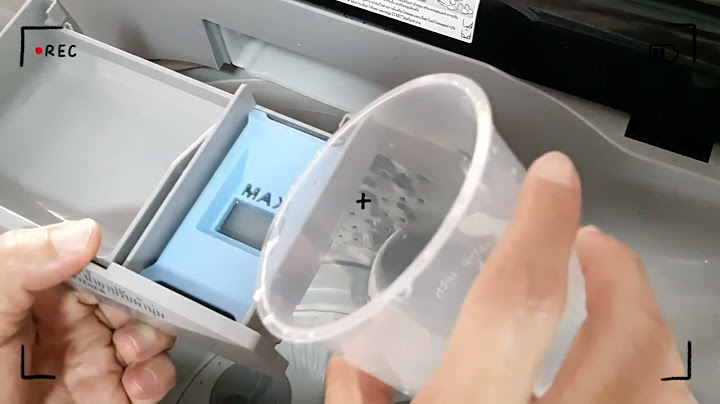Yes, you should list language skills on your resume in the following situations: Even if language skills aren’t required for the job, they could help you make a sale or build rapport with new clients. However, if you’re applying for jobs that require little social interaction and don’t
require you to speak a foreign language (like software engineering), then your language skills are better left off your resume. Language abilities are difficult to put into concrete terms that employers can understand, especially if it’s a language that you’re not fully fluent in. Luckily, there are a few generally accepted ways
of describing language proficiency on your resume. Check out our video below, where resident career expert Eva shows you exactly how to list languages in your skills section, with examples: In most cases, the following scale is an acceptable method for describing your general language skill level, and will be understood by any
employer.
Scale for Resume Language Skills Basic: suggests that you understand basic words and phrases, but are unable to hold a conversation. Intermediate: suggests you can hold a basic conversation in the language, but have limited vocabulary, a low understanding of grammar rules, and may not be able to read. Conversational: suggests that you can hold full conversations in this language but not at a fluent level. You may struggle to find the right words and keep up with native speakers. Additionally, you may not be fully literate. Proficient: suggests you have a high level of comfort with the language, but not to the same level that fluent or native speakers would. Proficient speakers have a larger vocabulary and more developed skills than conversational speakers. Fluent: suggests you’re highly comfortable speaking, writing, or reading in this language and that you can hold conversations to the same level as a native speaker. Native: indicates that this is your mother tongue, and that you’re fully comfortable speaking, reading, and writing in this language.how to list language skills on resume The only time you shouldn’t use this scale is if you’re applying for a role where a high level of detail about your language skills is required. In this situation, you should use a more specific, official scale. Additional ways to showcase your language proficiency levelsDepending on the languages you speak, there are other ways of explaining these skills to employers: ILRThe Interagency Language Roundtable is the grading scale used by the U.S. government. It rates ability from 0 (‘no proficiency’) to 6 (‘native or bilingual proficiency’). If you want to work for the U.S. government, this is the system that you should use. Most federal agencies hold their own ILR tests, and a few private companies also offer exams that can give you an ILR rating. There’s also the option of taking the ILR’s online self-assessment. CEFRThe Common European Framework of Reference for Languages is an international scale for rating language ability, and is the rating system that you’ll most often see used in Europe. It also has a 6-point scale, but this one runs from A1 (‘beginner’) to C2 (native level). Depending on the language, you can get formal certification via in-person and online exams. You can also assess your own abilities online. ACTFLThe American Council on the Teaching of Foreign Languages is an American organization that aims to improve and increase language teaching at all levels. Its proficiency scale, which is recognized worldwide, has 4 basic levels (‘Novice’, ‘Intermediate’, ‘Advanced’, ‘Superior’), which are divided into 3 sublevels (‘Low’, ‘Mid’, ‘High’). You can take an ACTFL test with Language Testing International, ACTFL’s official testing partner. Proficiency examsDifferent languages may also have their own standardized (usually government-issued) proficiency tests for students, which you can list on your resume. For example, if you’re a Mandarin Chinese learner, including your HSK or TOCFL score on your resume is an acceptable way to showcase your skill level with the language. Where to put language skills on your resumeRegardless of which resume format you choose, there are three places on your resume where you can add your language skills. 1. Skills sectionThe first option is to add them to your main resume skills section as bullet points. This is most suitable for job seekers who only speak one or two additional languages, and don’t want to dedicate too much space on their resume to their language skills. 2. Dedicated language sectionThe second option is to make a separate section for your language skills. You should only do this if you speak four to five different languages, and want to showcase your impressive linguistic talents. You should include a dedicated languages section on your resume if you’re applying to roles where your language skills are a primary selling point, such as international marketing or translation. 3. Resume introductionIf you’ll be using your language skills on a daily basis, it’s a good idea to mention them at the start of your resume in addition to including them in one of the sections listed above. This immediately lets the hiring manager know that you fulfill one of the basic requirements of the job. Here are some samples demonstrating how to list language proficiency levels on a resume: Example #1 (general scale) Example #2 (CEFR scale) Example #3 (HSK proficiency test) Example #4 (casual description) Example #5 (general scale) Example #6 (CEFR scale)  Written by Ida PetterssonIda is a Content Writer at Resume Genius, where she assists job seekers as they plan their next career moves. She graduated from New College of Florida with a double major... more |

กระทู้ที่เกี่ยวข้อง
การโฆษณา
ข่าวล่าสุด
การโฆษณา
ผู้มีอำนาจ
การโฆษณา
ถูกกฎหมาย
ช่วย

ลิขสิทธิ์ © 2024 th.frojeostern Inc.




























